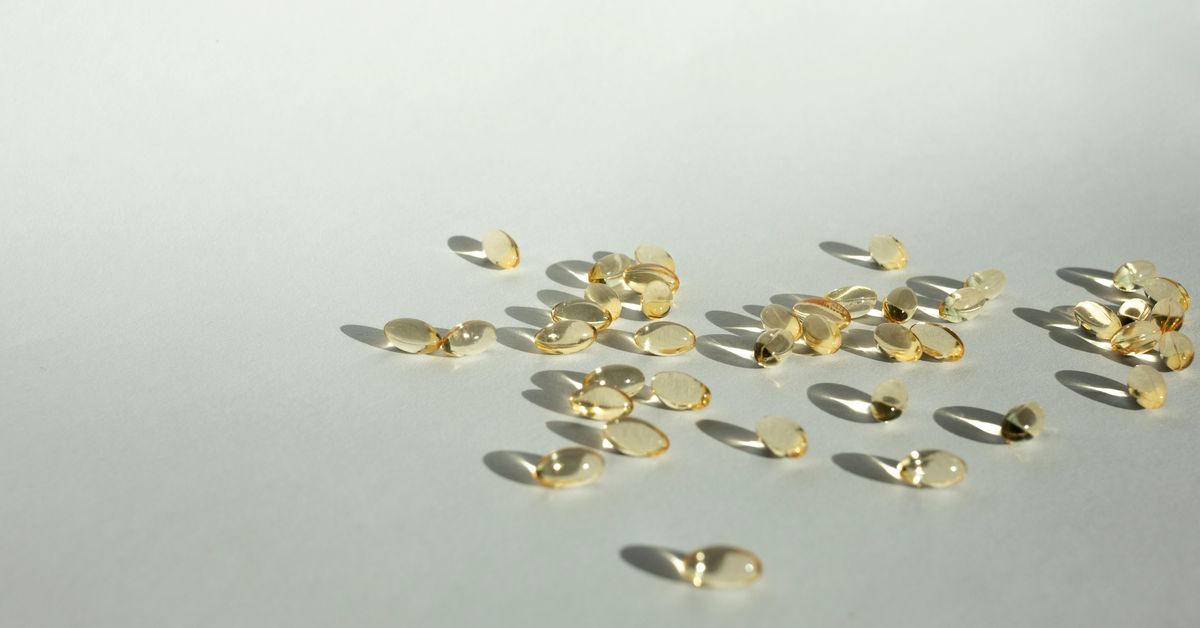Debunking Supplement Myths: The Proven Facts Behind What Boosts Performance
We live in an age where health and performance enhancement are often linked to a myriad of supplements, each one promising to be the magic bullet that will take your fitness to the next level. However, it’s essential to sift through the hype to understand what really works and what’s just marketing fluff. Let’s dive into the world of supplements, peeling back the layers of myth and misinformation to uncover the proven facts behind them.
The Supplement Landscape
Walking through a supplement aisle in any health store can be overwhelming. There are jars of powders, bottles of pills, and bars wrapped in shiny packaging, each promising the world. It reminds me of the candy section at my local grocery store when I was a kid—so many options, yet knowing that most wouldn’t actually be good for me. Fast forward to today, and I find myself grappling with a similar dilemma, but this time, it’s about performance.
As a sports journalist, I’ve had the unique opportunity to interview athletes, coaches, and nutritionists, each with their own take on the supplement saga. One thing is clear: not all supplements are created equal. So, what should we be looking at when it comes to enhancing performance? Let’s break it down.
Myth 1: More Protein Equals More Muscle
Ah, the protein myth. It’s as popular as the idea that lifting weights will automatically turn you into Arnold Schwarzenegger. While protein is crucial for muscle repair and growth, more isn’t always better. Research suggests that most people, especially those engaged in regular exercise, only need about 1.2 to 2.0 grams of protein per kilogram of body weight.
To illustrate this, I remember chatting with a personal trainer who had a client convinced that downing protein shakes every hour would lead to miraculous gains. After some education (and a little bit of humor), they realized that their body could only utilize so much protein at once. The excess? Well, let’s just say it wasn’t going to build muscle but instead would likely end up as… let’s call it “energy storage.”
Myth 2: Creatine is Just for Bodybuilders
Creatine often gets a bad rap—often associated only with bulky bodybuilders. But here’s the kicker: creatine is a naturally occurring compound found in muscle cells that helps produce energy during high-intensity exercise. It’s not exclusive to the iron-pumping crowd. In fact, studies show it benefits endurance athletes as well, enhancing recovery and reducing muscle soreness.
Imagine a marathon runner incorporating creatine into their regimen. They might not be bulking up, but they could experience improved performance due to enhanced energy availability during those grueling late-mile stretches. It’s all about using the right tools for the job.
Myth 3: All Supplements Are Safe
Just because something is sold on the shelf doesn’t mean it’s safe. The supplement industry is less regulated than pharmaceuticals, leading to a wide variety of products that may contain questionable ingredients or dosages. Some studies have shown that certain supplements can cause adverse effects, especially when taken in conjunction with other medications.
Take for instance a story shared by a colleague who covered a local athlete who suffered from liver damage after taking an over-the-counter fat burner. It struck me how easily we can overlook the potential risks in pursuit of performance. Always consult with a healthcare professional before diving into the supplement rabbit hole.
Myth 4: Natural Supplements Are Always Better
There’s a common belief that if it’s natural, it’s safe, but that isn’t always the case. For example, some herbal supplements can interact negatively with prescribed medications. A classic case is St. John’s Wort, often touted for its mood-boosting properties, which can significantly interfere with antidepressants.
During my years of reporting, I’ve spoken to nutritionists who emphasize the importance of understanding not just the ingredient list, but also the context in which supplements are used. Just because something is labeled “natural” doesn’t mean it’s inherently good for you!
Myth 5: You Need Supplements to Compete
Many athletes believe that supplements are non-negotiable if they want to compete at a higher level. While it’s true that some supplements can provide an edge, it’s crucial to remember that a well-rounded diet and training program should be the foundation of any athletic endeavor. Supplements are just that—supplements, not substitutes.
I once chatted with an Olympic-level swimmer who credited her success to her rigorous training and a balanced diet rather than relying heavily on supplements. She took a few basics, but her primary focus was eating whole foods, rich in nutrients. It was a refreshing reminder that sometimes, the simplest approach can yield the best results.
The Science Behind Performance-Enhancing Supplements
Now that we’ve tackled some of the more prominent myths, let’s examine a few supplements that have garnered scientific backing for their effectiveness in enhancing performance.
1. Caffeine
Caffeine is more than just a morning pick-me-up. Numerous studies have demonstrated its ability to enhance endurance and increase alertness during workouts. It’s like having a friendly coach in your corner, pushing you to go that extra mile. The ideal dosage seems to hover around 3-6 mg per kilogram of body weight, translating to about 1-2 cups of coffee for most people.
However, I’ve seen many athletes overdo it, thinking that more caffeine will equal more performance—trust me, I’ve been there. It can lead to jitters and a crash that’s not pretty at all. Moderation is key.
2. Beta-Alanine
This amino acid has gained attention for its ability to buffer acid in muscles, potentially enhancing performance during high-intensity exercise. Some research indicates that taking 2-5 grams daily can improve endurance and reduce fatigue. It’s pretty fascinating how something that sounds so simple can have such a profound effect.
I remember discussing beta-alanine with a cycling coach who mentioned how his athletes had seen significant improvements in their time trials after incorporating it into their diets. It just goes to show that sometimes, the right supplement can yield impressive results when paired with hard work.
3. Omega-3 Fatty Acids
Often overlooked in the context of performance enhancement, omega-3 fatty acids are essential for brain and heart health. They also play a role in reducing inflammation, which can aid in recovery post-exercise. Some studies suggest that athletes who supplement with omega-3s might experience less muscle soreness and better joint health.
This one hits home for me, as I’ve had my own struggles with inflammation as a former runner. Incorporating omega-3-rich foods like salmon into my diet made a noticeable difference in my recovery time. It’s amazing how something so simple can help keep you in the game.
What About Vitamins and Minerals?
Vitamins and minerals are often packaged in flashy bottles and marketed as essential for athletes. While they are crucial for overall health, the effectiveness of supplementation largely depends on your diet. If you’re eating a balanced diet rich in fruits, vegetables, lean proteins, and whole grains, you may not need additional vitamins.
However, certain populations—like vegans or those with specific dietary restrictions—might benefit from certain supplements, such as Vitamin B12 or iron. I recall an interview with a nutritionist who emphasized the importance of individualized nutrition plans. It’s not a one-size-fits-all approach.
Listening to Your Body
At the end of the day, one of the most critical aspects of performance enhancement is listening to your body. Supplements can play a role, but they should never replace the foundational elements of nutrition, hydration, and rest.
It’s like tuning a musical instrument—if you’re not in tune with your body, even the best supplements won’t help you hit the right notes on the field or court. I’ve had my fair share of injuries and setbacks, and each time, it served as a reminder that my body is my best coach. It knows when something’s off!
Final Thoughts: The Path Forward
As we’ve explored, the world of supplements is filled with myths, truths, and everything in between. It’s vital to approach them with a critical eye, relying on credible sources and personal experience. Supplements have their place, but they should complement a robust training regimen and a well-rounded diet, not replace them.
So, whether you’re a weekend warrior or a competitive athlete, take the time to educate yourself about the supplements you consider adding to your routine. Don’t just follow the trends—find what truly works for you, and remember, there’s no magic pill for performance. It’s all about hard work, dedication, and a sprinkle of the right supplementation.
In the end, it’s not just about boosting performance—it’s about enjoying the journey, learning from each step, and hopefully, laughing a little along the way. Here’s to your health, performance, and perhaps a well-deserved cup of coffee!









